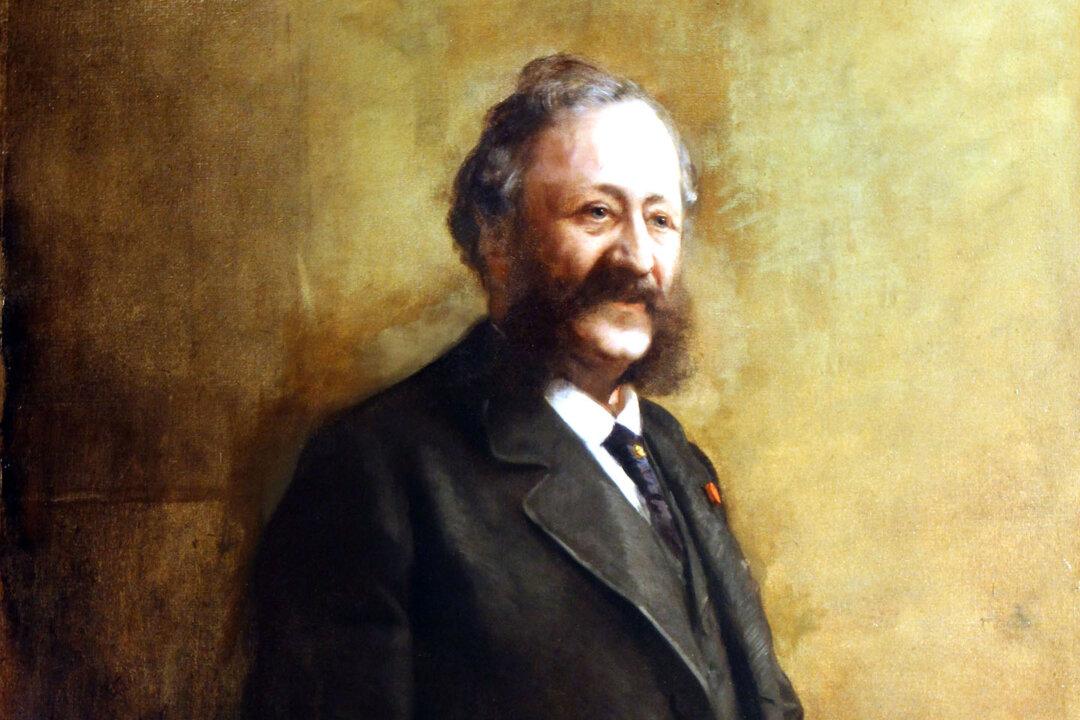In the rough, dizzying, and tumultuous days of September 1870, following France’s defeat in the Franco-Prussian War and the capture of Emperor Napoleon III, a woman in a carriage in Lisieux stunned onlookers by standing up and, addressing a policeman who was abusing his authority, declaring, “I am the Empress, and I order you to let that man go.” A gentleman beside her in the carriage made signs to the witnesses that the woman was, of course, mad, and after that no one paid any more attention to the carriage or its eccentric passenger.
Only the woman wasn’t mad. She was, in fact, Empress Eugénie, wife of French Emperor Napoleon III, and she was fleeing for her life. The incident with the policeman was a faux pas in which she momentarily forgot herself and the need for disguise. She forgot the recent days of swirling sorrow, danger, and constant fear, forgot the juggernaut of the Prussian army, forgot her husband’s military disaster at Sedan, forgot the revolutionaries who took advantage of it all to topple the Empire and establish the Third Republic, forgot the Paris mob who wanted her head, and forgot the unknown fate of her son. She was, for a moment, once again, simply the Empress, mistress of France and Regent in her husband’s absence, seeking to end the injustice of an overzealous policeman.






